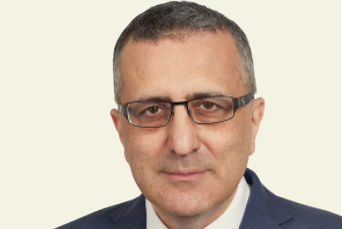Denmark’s biggest pension fund ATP looks likely to be officially tasked with managing the DKK10bn (€1.3bn) fund mapped out by finance minister Nicolai Wammen to recapitalise large and socially important Danish companies hit by the COVID-19 crisis.
According to the plan detailed in a parliamentary committee document, the state-owned fund, originally announced on 11 June, will buy up newly-issued preference shares from large companies in need of new capital, and which also meet a range of criteria.
The idea behind preference shares as the means of re-capitalisation is that the fund should not have influence over the companies’ management through ownership of voting equity, the document makes clear.
ATP’s chief executive Bo Foged told Danish business daily Børsen: “We are awaiting the final approval by the finance committee, but we are glad to see the state trusting us with this task, and we look forward to making our competences and knowledge available to the fund as it works with assisting large and socially-critical Danish companies.”
A spokesman for ATP confirmed the quote.
Discussion about the proposed fund – described by the government as being able to act as “investor of last resort” – is continuing with some questions from members of the parliamentary finance committee still awaiting responses from Wammen.
The government said it intends to establish the fund as soon as possible in the current year so that it can start operations quickly.
The fund is designed to be temporary, with a provisional wind-up date set of 30 June 2023.
All decisions on investments are to be made by a government-appointed board of directors, and ATP has been picked as the organisation to carry out the fund’s daily operation.
In the parliamentary document, the finance ministry explained the choice of manager, saying: “ATP is independent of both the state and the fund, and ATP has relevant experience from the management of ATP funds as well as digital administration of applications, etc.”
However, according to the plan, it also involves ATP setting up an independent, separate subsidiary to operate the fund, in order to avoid potential or real conflicts of interest in relation to the individual investments.
Besides its main task of running the DKK889bn giant labour-market supplementary pension fund, the ATP group – which is governed by its own act of parliament – manages a number of other state financial operations.








